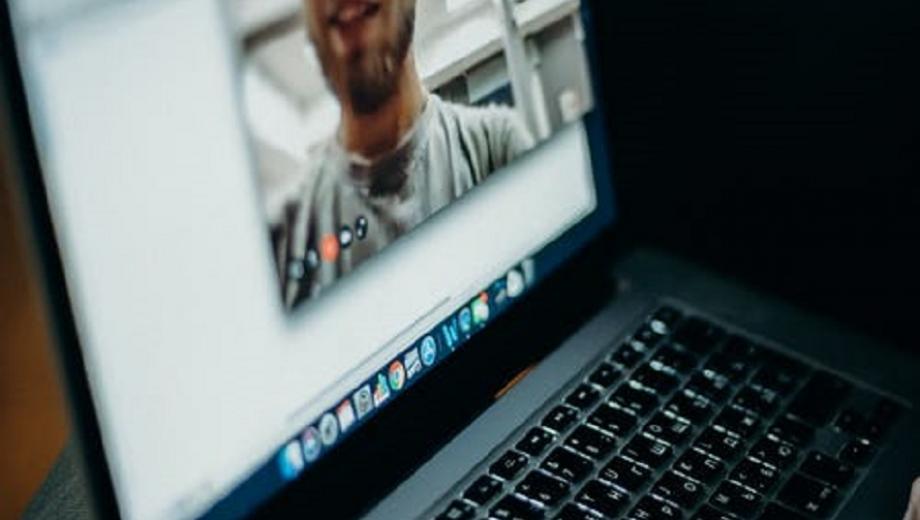
With so much mental health support usually happening face-to-face and in a group setting, the current lockdown has presented Pathfinder alliance members with a significant challenge, not least because of the rising numbers of people within the community seeking help. For service users and providers unused to significant amounts of screen time, video calls and online support can sometimes seem more suited to a sci-fi film; but in fact the use of technology has proved a significant benefit for both providers and users.
For many, the Zoom platform has become a vital part of day-to-day service delivery. Zoom can be used for free by anyone with a webcam, although the sessions are limited to 40 minutes, and so some providers have opted to pay for the professional version. Overall, the key positives for Zoom groups participation have proved to be the ability for people to engage in a wide range of activities, stay connected and have a break from the pressures of lockdown, as well as continue their recovery programmes. Although it is not for everyone.
Richard Hudson, West Sussex Mind’s Deputy Recovery Team Manager, believes providing Zoom groups is an exciting way of continuing services during lockdown, and has even seen participation in some sessions widen to include people who were previously reticent about attending face-to-face. But on the flip side, he’s aware of the amount of staff time taken up with technical matters, including helping service users access Zoom sessions, and that some service users are hesitant to use it. That said, West Sussex Mind’s Scrabble group, choir and men’s and women’s groups are amongst others being well used, with plans to establish a mindfulness group being developed.
Carole Matthews of Richmond Fellowship is keen to continue participation in her craft group, but is aware that “not everyone wants to be on Zoom”. She sets members a weekly task, the results of which some then share over Zoom, but she also offers the opportunity to share photographs of their artwork via WhatsApp so more people can benefit from participation in the activities.
Sussex Oakleaf is also offering a variety of Zoom groups including jewellery making, creative writing and relax and breathe. Donna Main says that Sussex Oakleaf’s regular sessions provide the opportunity for social connection, offering continuity of services and connection with friends and recovery workers.
Another provider using Zoom groups to positive effect is Pathfinder Chanctonbury, which currently runs a weekly drop-in and quiz, and some workshops, which recovery service manager Adam Howell reports to be going very well. “Attendees have stated that they like how we’re bringing people together by using Zoom and offering a ‘safe virtual space’ where they can receive peer support and talk to like-minded people, especially individuals who are isolating themselves as they’re high risk.”
But barriers to this way of keeping connected remain for a significant minority of services users. Security issues with Zoom were well-publicised during the early weeks of lockdown, and although security enhancements have been made to the service, some alliance members and service users remain anxious about using the platform. Others are hesitant about using any kind of social media.
Digital poverty is a more obvious barrier to participation, something reported throughout the Pathfinder alliance, as is a lack of confidence with technical issues. This is something that can particularly be felt amongst some older people, and those living in isolation who may be reliant on recovery workers or other staff members to help them remotely. Sometimes, lack of technical knowledge can feed into existing mental health issues – and so staff are finding creative ways around this, often with one-one-one sessions.
It is clear that these are developing services, with session leaders and participants alike getting used to this new way of participation. Not all services users are able to attend face-to-face sessions for a variety of reasons including transport, mobility, location and other issues but Zoom has allowed some of these barriers to participation to be broken. Pathfinder Chanctonbury’s Adam Howell says that recent feedback suggests service users have benefited from the online support and asked if it will continue after lockdown. “ As a result, we have made the decision as a team to continue to offer Zoom sessions, and look at other ways of using it more creatively to allow individuals to access other parts of the service that they perhaps couldn’t access prior to this”.
What is clear is that Zoom groups may continue to offer benefits for the hard to reach long after lockdown ends.